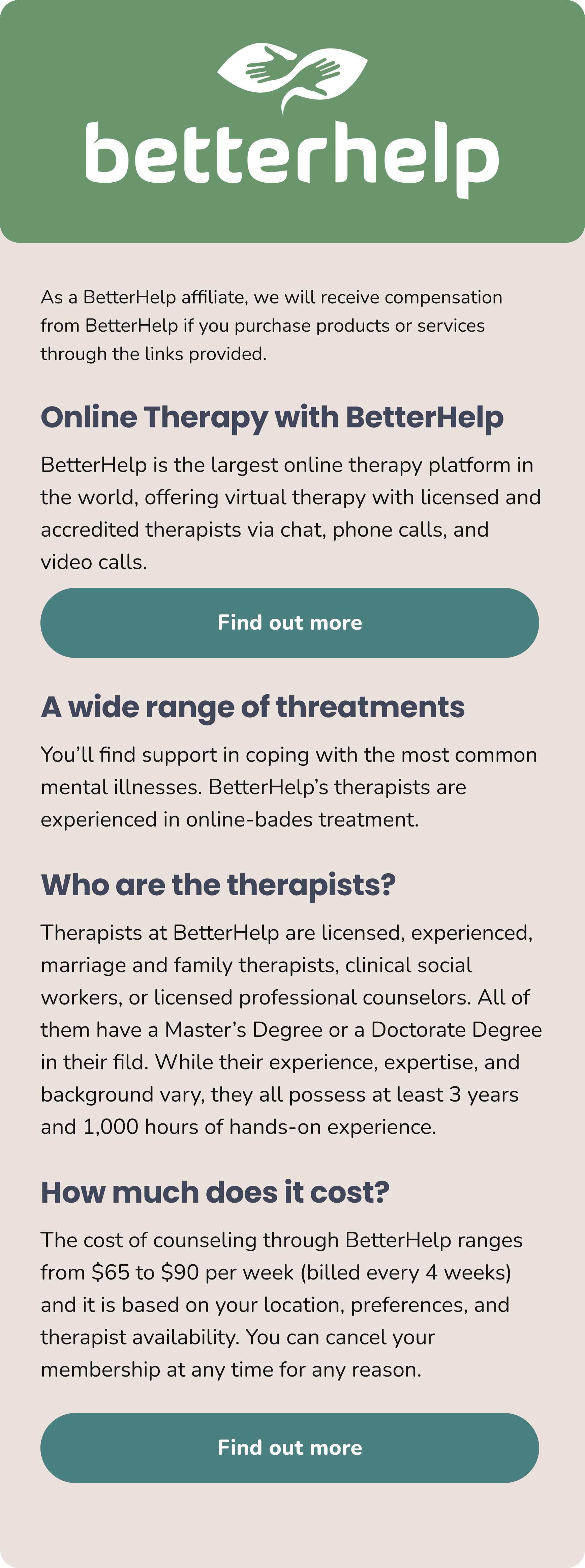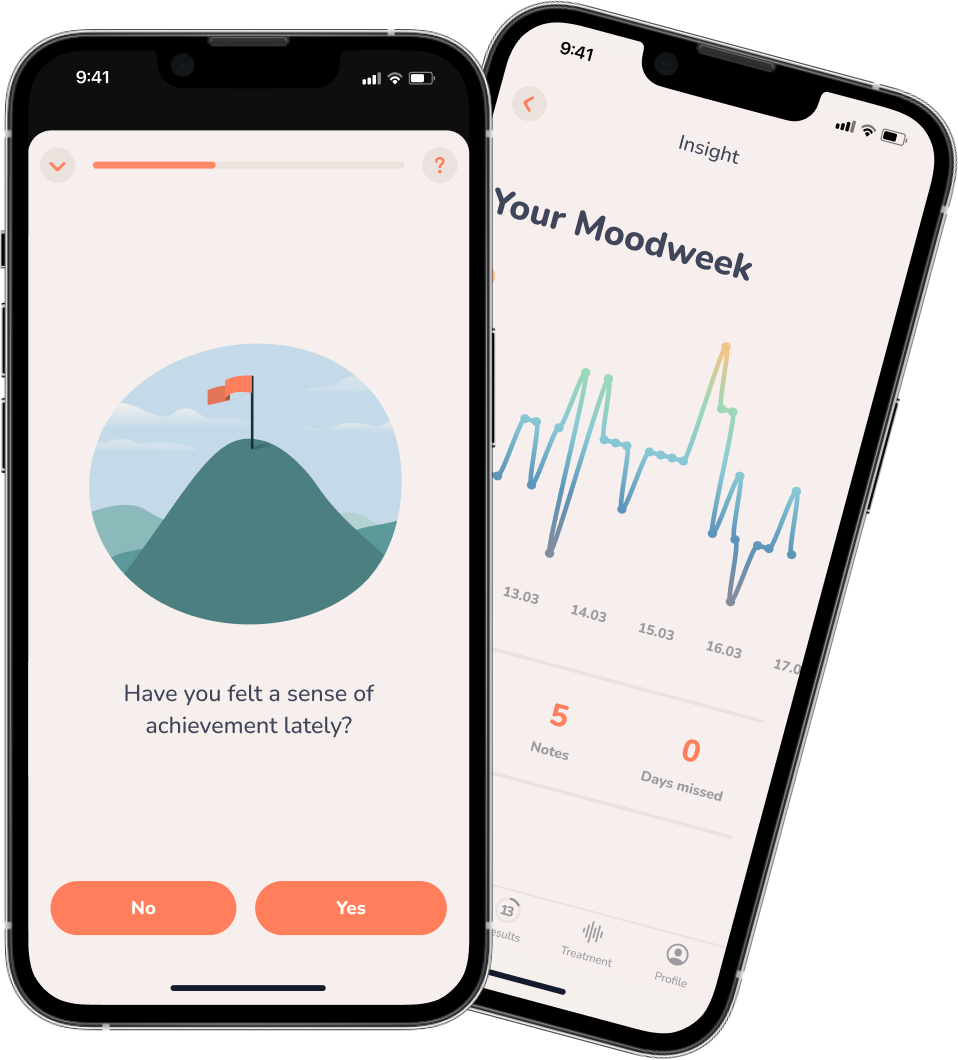Insight
People-Pleasing — When the Fear of Rejection Becomes a Trap
“You can decide where and when we meet; I’m totally flexible.”
“No problem at all! I’m happy to do it. Let me know if I can help with anything else!”
“You’re absolutely right—my mistake! I hope you’re not upset with me.”
Do you recognize yourself in such statements? If so, you might be a person who places a high value on kindness, consideration, and helpfulness. Or . . . maybe you tend toward what’s called “people-pleasing”? In this article, we’ll take a look at how people-pleasing manifests, the psychological costs it carries, and what can help in overcoming it.

What Is People-Pleasing?
Trying to please everyone else and, further, to never displease them, are the primary goals of people-pleasing. Someone with this tendency puts others’ well-being above their own, constantly adapting to what the other person wants. People-pleasers, then, tend to sacrifice and suppress their own wishes and needs in a search for approval or from a deep fear of rejection.
People-pleasing is not an illness, so there is no formal diagnosis. Instead, the term describes a specific pattern of thinking, feeling, and acting.
How Does People-Pleasing Manifest?
You’ve probably come across people in your life who are extraordinarily kind, polite, and helpful. Are all of them “people-pleasers”? Almost definitely not. As long as someone is able to say no sometimes and look out for their own well-being first from time to time, they’re not showing people-pleasing tendencies. But those who say “yes” even when everything—including their own thoughts — are saying “no” are likely people-pleasing. Other signs that this is the case may include:
-
-
- Constantly putting aside one’s own needs, desires, and opinions
- Strongly focusing on the expectations of others
- Helping others to the point of exhaustion
- Actively avoiding conflicts
- Struggling to set boundaries and saying “no”
- Having the impression of being largely responsible for others’ feelings
- Worrying about upsetting, hurting, or disappointing others
- Apologizing frequently, even when one did nothing wrong
- Hiding one’s own problems to avoid weighing on others
- Hiding feelings such as disappointment, anger, or frustration to maintain harmony
-
How Does Someone Become a “People-Pleaser”?
No one is born a people-pleaser. How someone thinks, feels, and acts is always the result of a combination of many factors, such as temperament, personal experiences, and social and cultural influences.
If parents or other adults praise a child exclusively for conforming behavior or otherwise convey the importance of not being a nuisance to others, this can lay the foundation for people-pleasing and guide the self-esteem to depend heavily on how satisfied others are with them.
Socialization also plays a role: While people-pleasing can affect all genders, women in particular are often taught from an early age to be considerate and take care of others. Repeated messages like “When you get so angry, mommy feels very sad” can also lead someone to conclude that they’re responsible for others’ feelings. Sometimes, those who lean toward people-pleasing have picked up self-sacrificial behaviors from caregivers or others around them.
Painful experiences can also fuel people-pleasing. Those who have experienced frequent conflicts, rejection, or social exclusion may come to associate such forms of dissatisfaction from others with strong emotional pain. To protect themselves from these feelings, they adopt the strategy of avoiding conflicts, always being nice and trying to please everyone—even at the cost of their own needs.
Some are just more sensitive and harmony-seeking by nature than others, which can make them more prone to people-pleasing.
What Are the Consequences of People-Pleasing?
Like many persistent behavioral patterns, people-pleasing offers some short-term advantages but long-term disadvantages. If you tend to people-please, for example, you may regularly get compliments, make friends quickly, and face fewer conflicts.
But the price is high. Those who constantly prioritize the needs of others while neglecting their own will sooner or later feel exhausted and dissatisfied. People-pleasing can also lead to high levels of tension and take up a lot of mental space when thoughts constantly revolve around not stepping on anyone’s toes. Sometimes, even hours after an interaction, thoughts may revolve around how others might have received a specific statement or may be stuck on every possible social misstep. In fact, rumination often goes hand in hand with people-pleasing.
The self-esteem of someone who tends to people-please can also suffer. Instead of “I’m okay just the way I am,” the inner belief is “I’m okay as long as others are satisfied with me.” Those who mostly see themselves through the eyes of others and adjust accordingly often have a murkier image of their own personality, values, and wishes. This may result in a tendency toward unequal footing in favor of the other person in partnerships and friendships. And those who tend to people-please often avoid difficult or upsetting topics—which are actually helpful for the growth of a healthy relationship.
In the long run, people-pleasing is not only exhausting and detrimental to well-being, but it can also increase the risk of burnout or mental health conditions such as depression and anxiety disorders.
How Can You Overcome People-Pleasing?
The good news is: Any pattern you’ve learned over time can also be unlearned. The same is true for people-pleasing.
As a first step, it can be helpful to reflect on what personal benefits and costs you experience when you always align with the wishes and expectations of others. Weighing the pros and cons can make the decision easier about whether you’d like to change your approach.
If you do conclude that the costs outweigh the benefits, and you’d like to work toward overcoming people-pleasing, you might try out the following strategies:
Engaging in Self-Reflection
Where does your tendency to want to please others at all costs come from? What influences and experiences have shaped you in this regard? What do you fear might happen if you set more boundaries and put yourself first? Addressing these questions can help you approach yourself with more understanding and distinguish between past experiences and current fears.
Strengthening Self-Esteem
Individuals who tend to people-please often have low self-esteem. Many feel valuable, if at all, only when others are happy with them. Strengthening your self-esteem and becoming more independent from the reactions of others can be a helpful step in creating a better balance between your own needs and those of others. You might find the course in the MindDoc app on self-esteem particularly helpful in this regard, with its information and numerous personalized exercises.
Acknowledging Your Own Needs
When your attention is primarily on others, it’s common to be less aware of your own feelings and needs. The result can be the sense of “I don’t really know who I am or what I want.” A mood journal—such as the one you’ll find in the MindDoc app—can help you reconnect with your own feelings and needs.
Practicing Saying “No” and Setting Boundaries
Don’t worry: Saying no does not mean that you suddenly make a 180-degree turn and start bluntly rejecting every request put in front of you. It’s more about deciding on each in a more conscious and flexible way. Do I want to help, listen, and be considerate right now, and am I able to in this moment? Or am I primarily driven by fear of what might happen if I don’t do it? Whenever you discover that your primary motivation is fear rather than your own desire and willingness, it’s worth the courage to say “no” or set boundaries in another way. You can practice this step by step. Pay attention, too, to the other person’s reactions and question your fears. Are you really experiencing rejection when you say no politely and firmly? And if you are actually being rejected, doesn’t that say much more about the other person than about you?
Seeking Support
People-pleasing can really weigh you down. If it’s a deeply rooted pattern for you, it might be difficult to overcome on your own. Remember that it’s always perfectly okay to seek help.
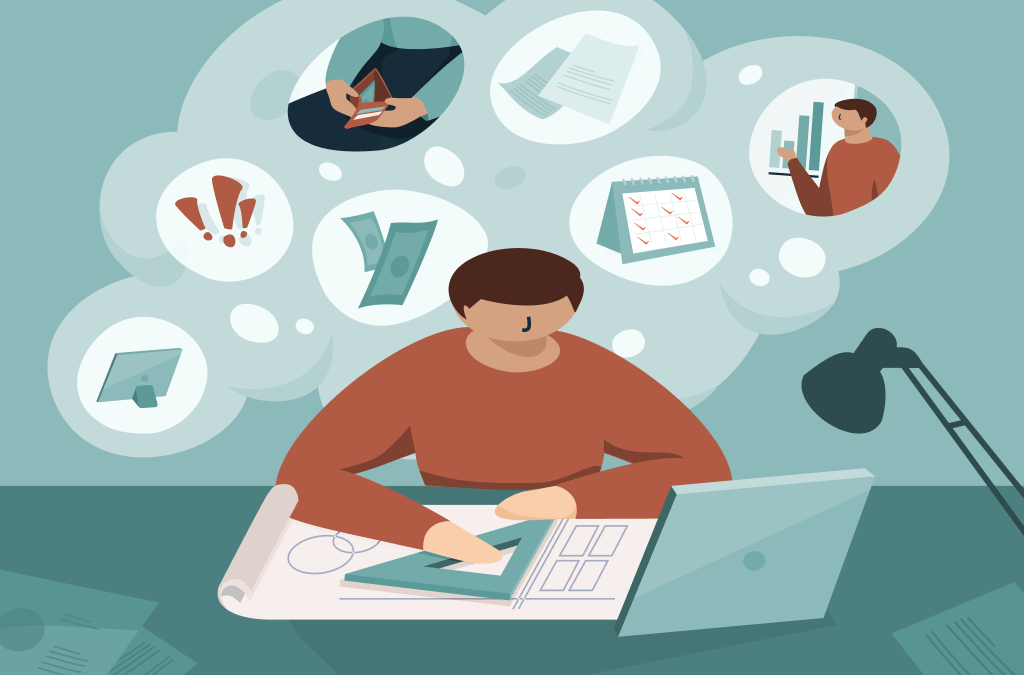
Psychological Needs in the Workplace: How to Meet Them
Deadlines, conflicts, pressure to perform—many people grapple with stressors at work. The extent to which these weigh on someone depends in large part on whether psychological needs are being met at work.
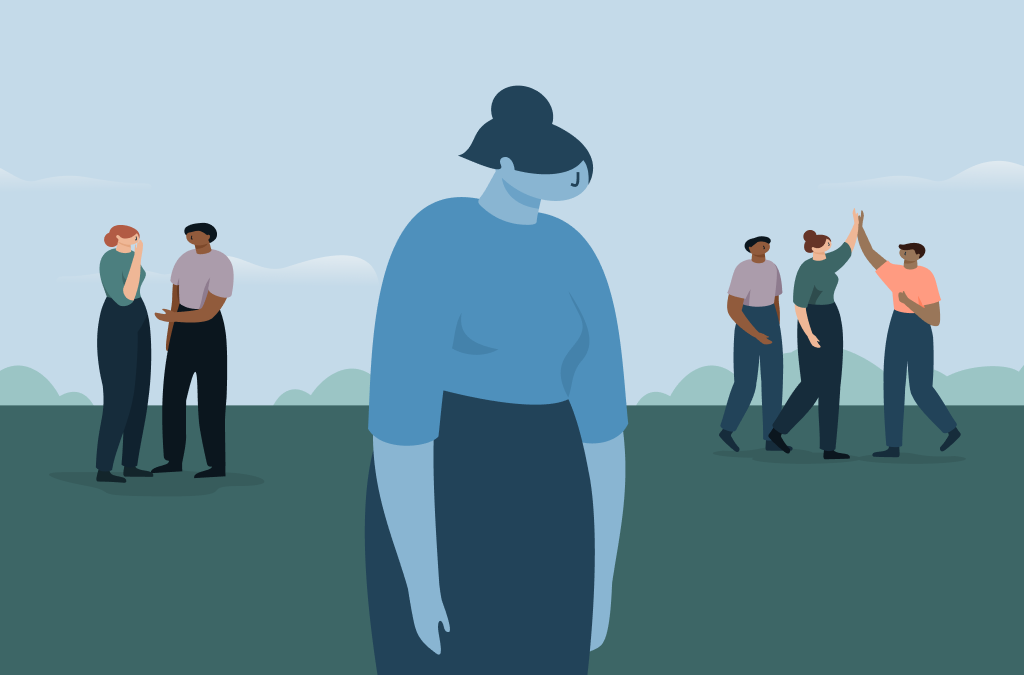
High-Functioning Depression: The Hidden Suffering
When people think of depression, usually intense sadness, low energy, social withdrawal, difficulty getting out of bed, and managing daily life come to mind. But this is not always the case.
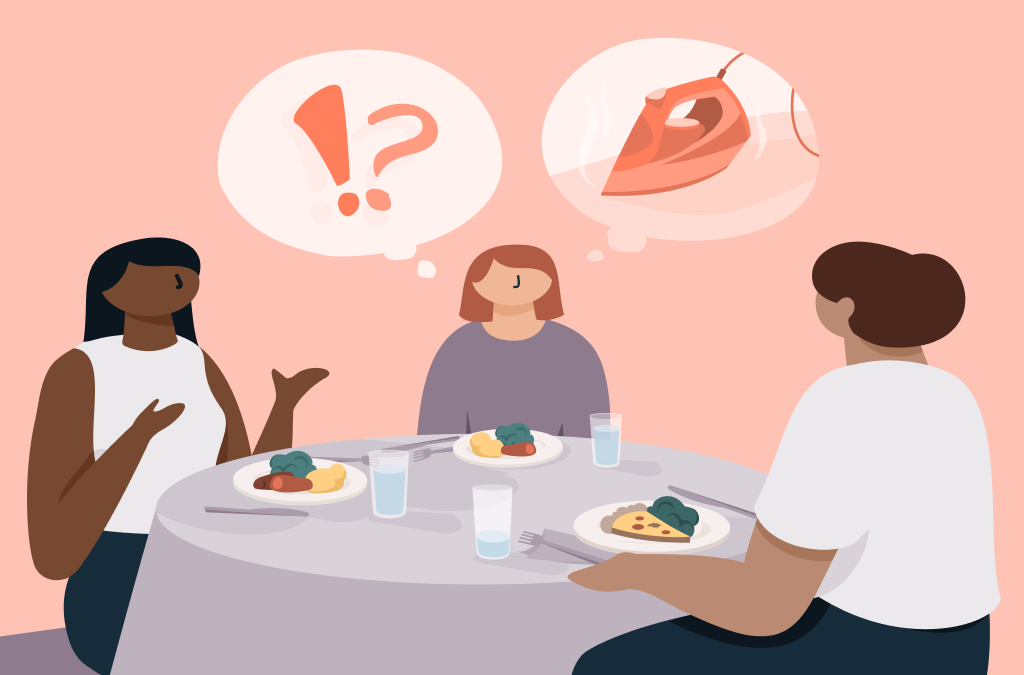
Obsessive-Compulsive Disorder: When Thoughts and Actions Become Torture
In this article, we explore what characterizes such thoughts and behaviors as well as how they can be treated.
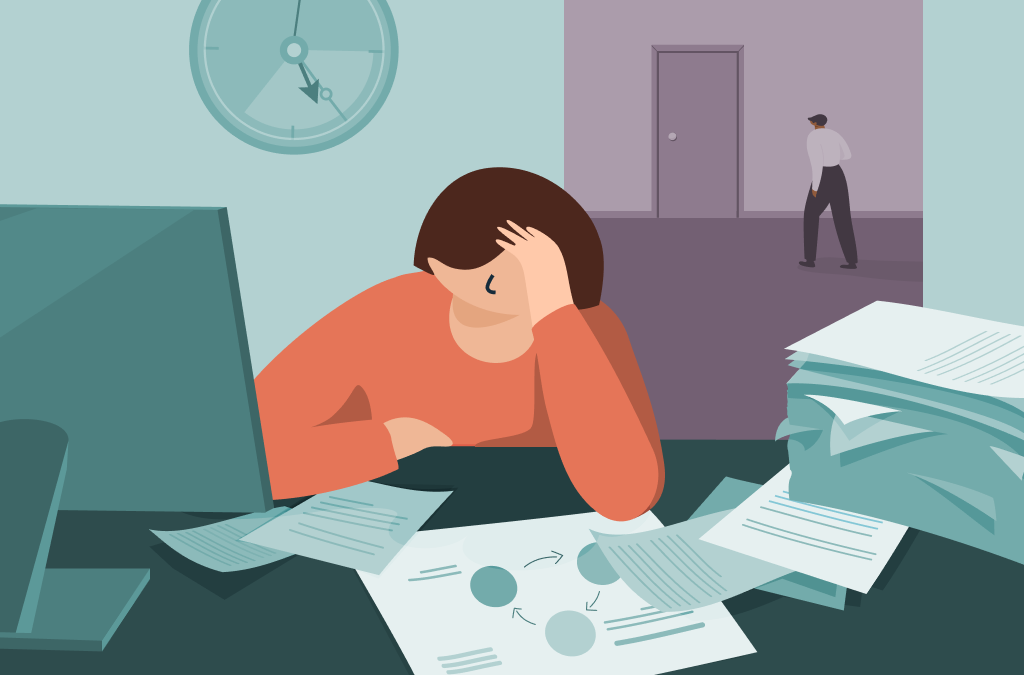
Bullied at Work—Here’s What You Can Do!
In this article, we look at the nature of workplace bullying, its causes and consequences, and what you can do if you are being bullied at work.
